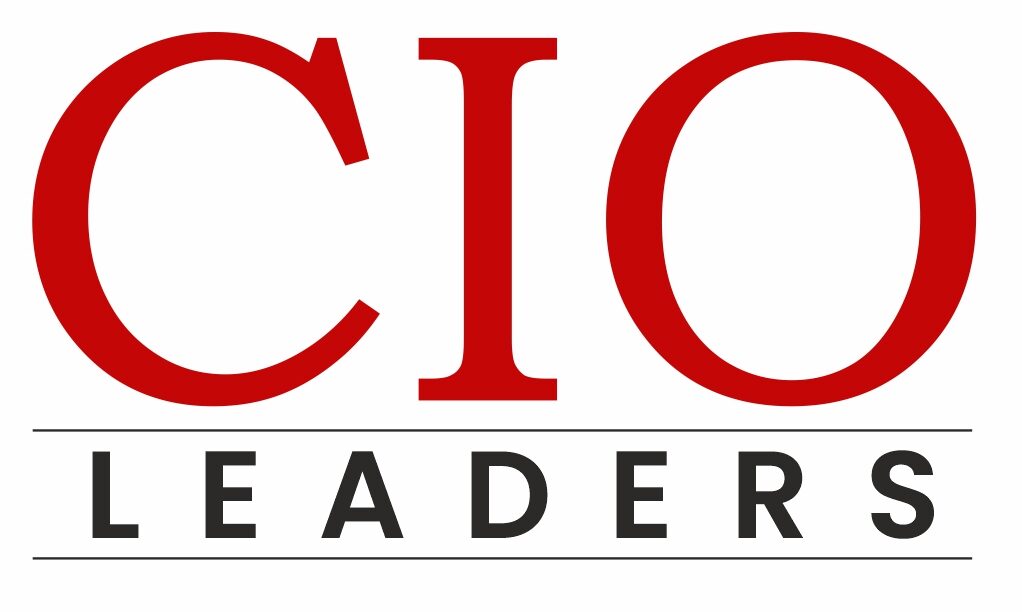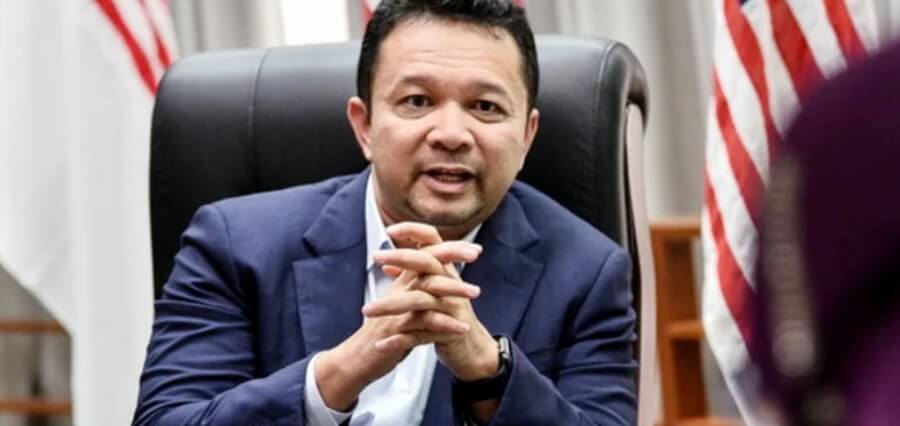LTAT has reiterated that the restructuring of Boustead Holdings Bhd is a significant aspect of its strategic plan for the years 2023-2025. Discussions regarding the restructuring plan, which involves delayering the Boustead Group and revamping its governance and operating models, are ongoing among stakeholders. This comes amid reports of Ahmad Nazim Abdul Rahman’s resignation as CEO of LTAT allegedly due to delays in implementing the restructuring plan.
According to a report by FMT last week, a source revealed that Ahmad Nazim Abdul Rahman, who assumed the role of CEO in June 2021, had devised key strategies to address LTAT’s RM3.5 billion debt and its dividend-trap structure. However, progress on the initiatives came to a halt in mid-December following a request from the newly appointed Defence Minister, Khaled Nordin, to pause the plan. While Nazim respected the minister’s decision, he had set a deadline until Jan 30 to determine the fate of the plan. With no updates by that date, he tendered his resignation on Jan 31. LTAT, as reported by Berita Harian, stated that no final decision has been reached regarding the restructuring plan for Boustead Holdings Bhd, and discussions regarding the matter are ongoing.
Nevertheless, the board emphasized that the restructuring of Boustead Holdings Bhd (BHB) continues to be a significant aspect of its strategic plan for the years 2023 to 2025. “LTAT regards this plan as a structural and investment decision that will undergo thorough internal and external evaluations to ensure it serves the best interests of our contributors,” the board stated. LTAT affirmed its dedication to preserving its long-term financial stability while also exploring alternative investment opportunities.
The board clarified that its investment decisions undergo a rigorous procedure, requiring approval from the investment panel, the investment committee, and ultimately, the board of directors.
Read More: https://thecioleaders.com/

